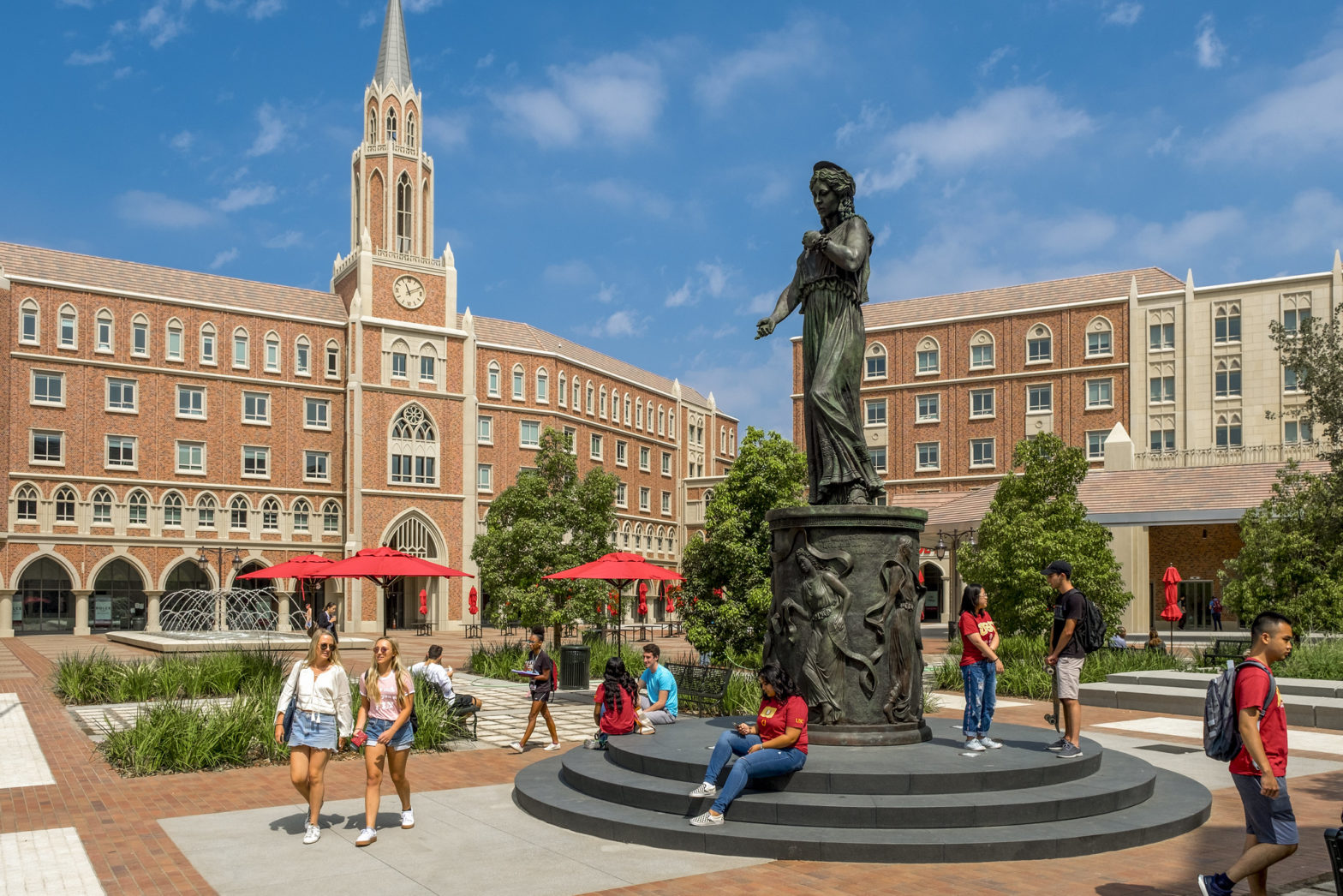Throughout the summer and early into the fall semester, the Advise USC Program Steering Committee engaged the campus community in listening sessions to better understand the perception of academic advising at USC and to inform the new advising platform’s goals and deliverables.
The following groups of stakeholders were invited and consulted.
- Advising Directors
- Graduate Academic Advisors
- Undergraduate Academic Advisors
- Graduate Students
- Undergraduate Students
- Graduate Academic and Curriculum Deans
- Campus Partners and Student Support
- Enrollment Services Division
- Information Technology Partners
Each listening session lasted approximately ninety minutes and resulted in an informative discussion. Questions asked of participants centered on advising expectations, communication, technology, and challenges. A common theme found is that expectations of academic advising and academic advisors at USC vary depending upon who you ask. Defining these expectations is an opportunity the steering committee is eager to explore in its efforts to support positive organizational change for academic advising at USC.
From the listening sessions, the steering committee gathered information on eight key areas:
- Participant’s individual expectations of academic advising
- Organizational unit’s expectation of academic advising
- Expectations communicated to applicants/students regarding academic advising
- Current and potential measures to determine advisor success
- Technology, training, tools, or other information used to support advisors
- Identifying communities, resources, and institutional barriers
- Feedback regarding interactions with academic advisors
- Communication pathways and exchanging information with academic advisors
Some specific highlights include:
- Expectations for academic advisors vary across units, but primarily involve ensuring that students are taking the correct courses and successfully completing them in order to graduate on time.
- Communication is key to an advisor’s success and they need modern tools to exchange information with students and other campus partners supporting students.
- There is a disconnect between obtaining data for undergraduate and graduate students at USC, and a lack of comprehensive systems for tracking graduate student data.
- Advisor job responsibilities and caseloads vary greatly across units.
- Small caseloads would allow academic advisors to develop stronger relationships with students.
- Advisors desire opportunity for professional growth and development and defined career paths at USC.
- There is a need for improved coordination across resources, and for advisors to understand a variety of detailed policies and programs.
- Advisors want access to a central database, a single source of truth, and single point of entry to make it easier for them to access information related to the student record.
- Students often view their advisor as ‘their person’ to help them navigate the university and its resources.
- Some students have had multiple advisors and have experienced challenges with the handoff process.
- Students expect advisors to communicate clearly and frequently about deadlines, class schedules, degree progress, and other academic information.
This is just a small sample of the insightful information shared by the campus community. As the project team continues its analysis, we plan to share more details in future updates.
Share your thoughts with us
In closing, we want to thank the campus community whole-heartedly for sharing their academic advising experiences, struggles, and desires. The steering committee is now better informed to guide academic advising at USC on its transformational journey. If you missed the opportunity to participate in a listening session and would like to provide feedback to the Advise USC Program, please complete our Feedback Survey, where you can share thoughts, questions, and/or concerns and our User Story Survey, where you can share expectations for the new platform functionality. We look forward to hearing from you!

